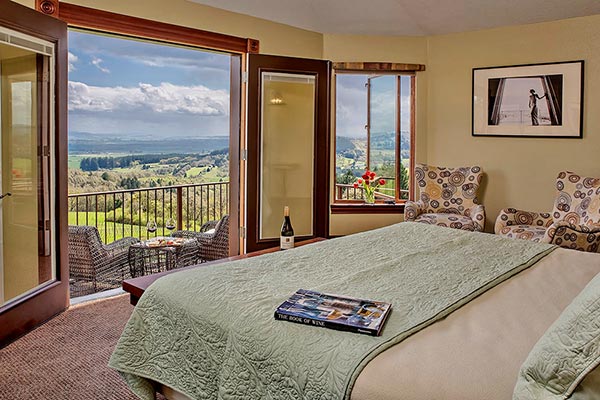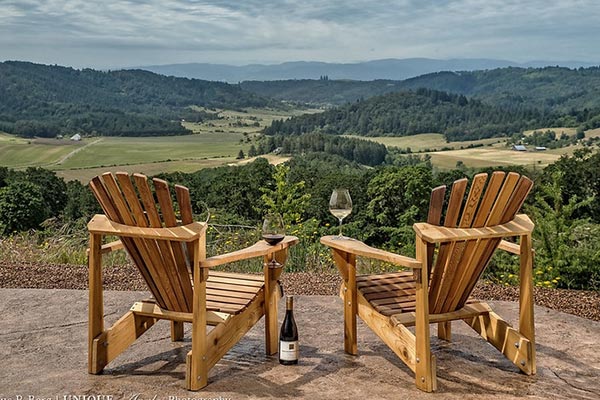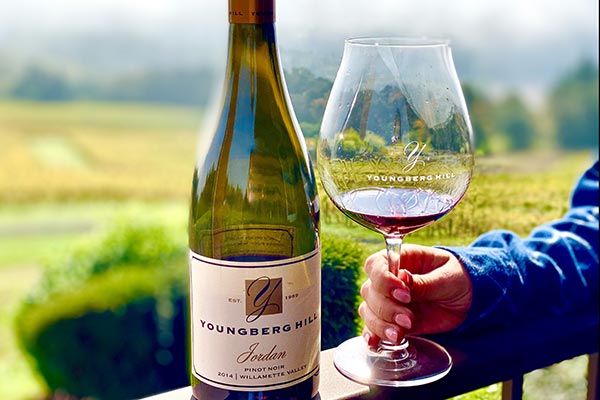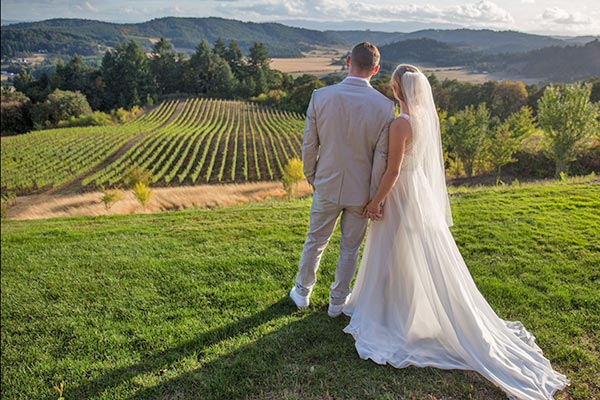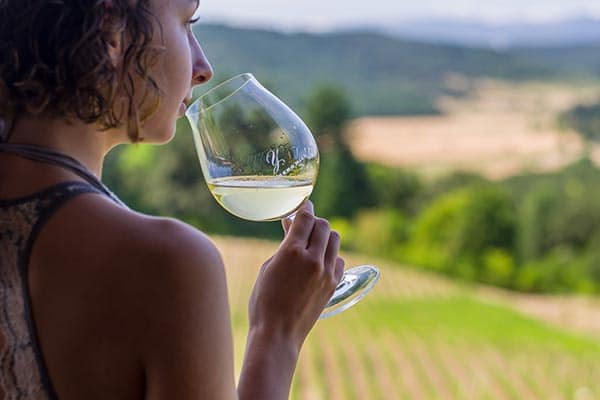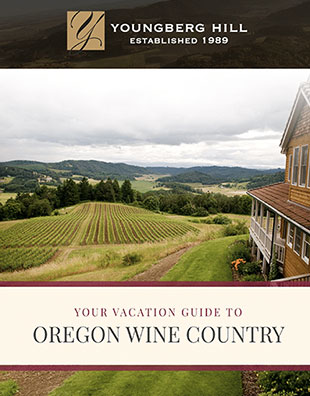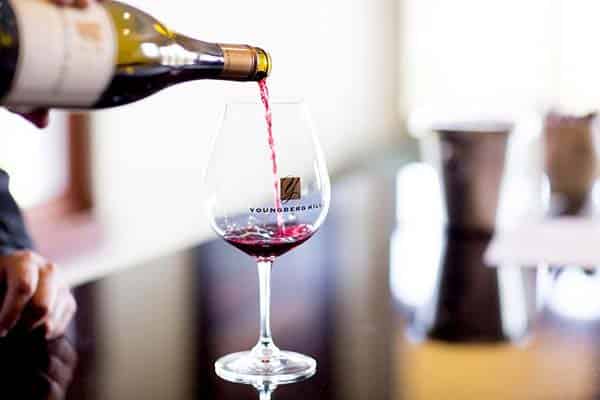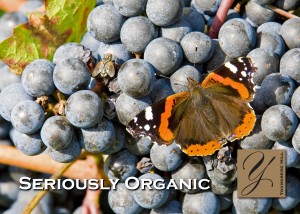 As we discussed in our previous blog, biodynamic farming is all about nurturing a balance of all life forms on and around the farm. That balance includes all life forms from the soil to the insects to the plants to the animals that coexist on the farm. The more indigenous all these life forms are the more they will thrive and “naturally” balance life on the farm.
As we discussed in our previous blog, biodynamic farming is all about nurturing a balance of all life forms on and around the farm. That balance includes all life forms from the soil to the insects to the plants to the animals that coexist on the farm. The more indigenous all these life forms are the more they will thrive and “naturally” balance life on the farm.
And as in all life forms, the more they are in balance, the healthier and more sustainable they will be.
So what does that look like on a practical basis? Let’s take an example of plants:
Every plant takes certain nutrients from the soil and puts others back in. It makes sense that if a farm consisted of only one plant, year after year, certain nutrients would continue to be taken out, depleting the soil; and, other nutrients would continue to go into the soil, putting the soil out of balance.
Corn production in Iowa is a good example of such an imbalance. Prior to chemical production farming, farmers learned over centuries that if they rotated crops each year and planted different crops in adjacent fields, that, over time, that variety of plant life would help maintain a more balanced (and healthier) soil.
Likewise with insects. People often ask if we, in Oregon, have the same problem with certain insects in the vineyard that California has. The answer is for the most part no.
California wine regions tend to be very overly populated with vineyards and not much other agriculture. As a result, two things happen; 1. Good insects indigenous to the area lose their natural habitat and leave, while 2. The bad insects find a plethora of susceptible habitat and now natural enemies. So the bad insects have a free for all.
In Oregon, our density of vineyards is much less and our agricultural diversity is much higher, both help in keeping the environment more in balance.
Does this balance of indigenous wildlife impact the end product? We believe it does.


